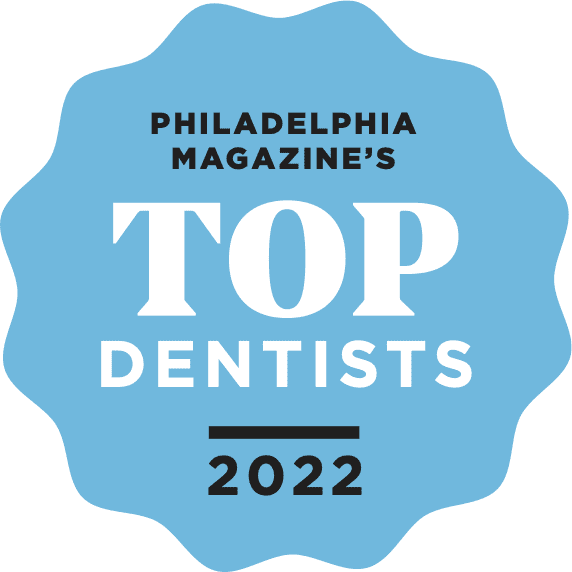Tooth loss affects millions of dental patients, leaving them with oral dysfunction and many other complications in their smiles. Your dentist can help you find the best treatment that suits your unique needs to restore your smile and replace these lost teeth. Do not ignore missing teeth, as you could form other oral health problems without tooth replacement treatment.
But ideally, you should preserve your natural dental structure as much as possible. If you know which dental problems might cause a tooth to fall out, you can better prevent tooth loss. Read on to discover three of the leading causes of missing teeth.

7+ Reasons You Might Lose a Tooth
Advanced Gum Disease
A leading cause of tooth loss comes from an infection that affects about half of American adults: gum disease. This infection of the gum tissue occurs when the mouth’s natural bacteria spreads. You might see the early stages of this disease present with bleeding, soreness, or swelling in the gums.
As the disease advances, bacteria will eat away at the gums, teeth, and jaw. This will create major damage that could result in gum recession as well as tooth loss. Gum disease will not go away on its own, so if you see issues in your gums, call your dentist as soon as you can.
Keeping your smile clean with proper oral hygiene can prevent the bacterial spread and oral infections like gum disease. But you should also visit your dentist for routine exams that can spot this infection early.
Untreated Tooth Decay
A majority of people will experience a cavity at some point in their lives. Your dentist can treat a cavity by drilling the decay away and giving you a dental filling. But if you do not seek prompt treatment for this problem, this early form of tooth decay will spread, creating significant damage that could lead to tooth loss.
With this type of dental damage, your dentist will likely not be able to place the tooth back in place. So treat cavities urgently to avoid this consequence. You can prevent cavities with good at-home care. Talk to your dentist to learn more tips to fight tooth decay.
Impact Trauma to the Face
Sometimes you might lose a tooth for an acute reason, such as an accidental blow to the face. This impact trauma could cause a tooth to fall out of its socket. In the case of this dental emergency, your dentist might be able to save the tooth and get it back in its socket.
However, you will need to go to your dentist’s office immediately, bringing your tooth with you to this appointment. Time is of the essence when replacing a tooth in this way. Handle the tooth from its crown rather than its sensitive root to avoid damaging the tooth further.
If you can, place the tooth gently in its socket to keep it preserved. Otherwise, put it in a small cup submerged in spit. If your dentist cannot replace the tooth, they can suggest restorative dental solutions.
Teeth Grinding
Many people don’t know that grinding or clenching their teeth can cause tooth loss over time. This habit puts extreme pressure on teeth, slowly wearing them down and making them weaker. Nighttime grinding is especially harmful because people often don’t know they’re doing it.
Without treatment, the constant pressure can crack teeth, loosen them from their sockets, or wear them down so much that they need to be removed. A custom night guard from your dentist can protect your teeth and prevent this kind of damage.
Smoking and Tobacco
Smoking and tobacco use do more than just stain your teeth. They’re major contributors to tooth loss. The chemicals in tobacco reduce blood flow to your gums. It’ll be harder for them to stay healthy and hold teeth in place. Smokers are much more likely to develop severe gum disease that destroys the bone supporting teeth.
What’s worse, smoking slows healing, so if you do lose a tooth, it’s harder for dental implants or other replacements to work well. Quitting tobacco at any age can significantly improve your chances of keeping your natural teeth.
Diabetes
People with diabetes need to be extra careful about their oral health because high blood sugar makes gum disease worse. When diabetes isn’t controlled well, it creates the perfect environment for infections in your mouth. These infections attack the gums and bones that hold teeth in place.
Diabetes can also slow healing, meaning mouth injuries or infections take longer to get better. The good news is that keeping blood sugar under control and seeing your dentist regularly can help prevent these problems and protect your smile.
When Crooked Teeth Become a Problem
Teeth that are crowded or out of alignment can actually cause tooth loss. Crooked teeth are harder to clean properly, which means more plaque buildup and higher risks for decay and gum disease.
Some misaligned teeth may also put too much pressure on certain areas when you chew, weakening those teeth over time. Maybe now is the time to get orthodontic treatment like braces or clear aligners. Call Dr. Drew Shulman at (215) 372-1142 to prevent future dental problems and keep your natural teeth healthy for life.






